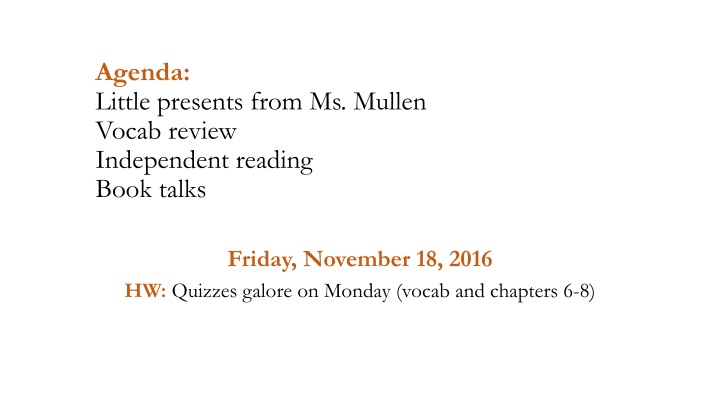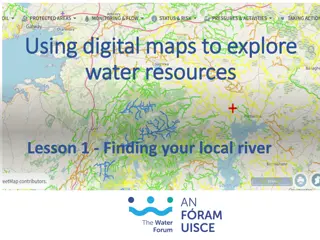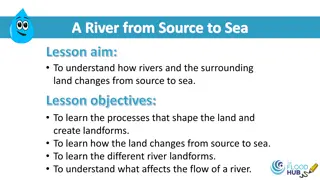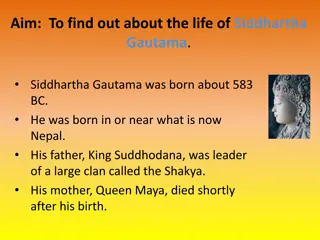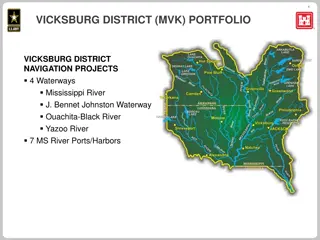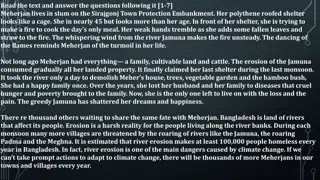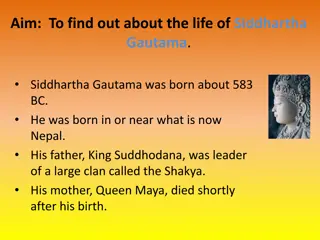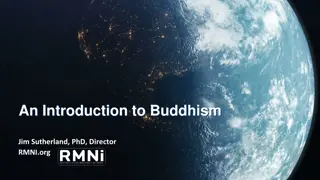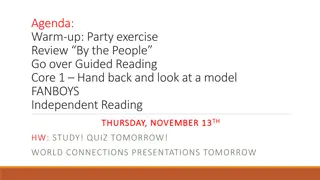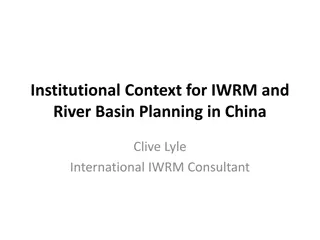Reflections on "Siddhartha" by the River
Siddhartha, in the chapter "By the River," experiences a profound inner journey as he contemplates life's transitory nature, reevaluates his past pursuits, and reunites with Govinda. Questioning his desires, Siddhartha realizes the impermanence of material wealth and finds a new sense of self-awareness and spiritual enlightenment.
Download Presentation

Please find below an Image/Link to download the presentation.
The content on the website is provided AS IS for your information and personal use only. It may not be sold, licensed, or shared on other websites without obtaining consent from the author.If you encounter any issues during the download, it is possible that the publisher has removed the file from their server.
You are allowed to download the files provided on this website for personal or commercial use, subject to the condition that they are used lawfully. All files are the property of their respective owners.
The content on the website is provided AS IS for your information and personal use only. It may not be sold, licensed, or shared on other websites without obtaining consent from the author.
E N D
Presentation Transcript
Agenda: Little presents from Ms. Mullen Vocab review Independent reading Book talks Friday, November 18, 2016 HW: Quizzes galore on Monday (vocab and chapters 6-8)
Some talking points: Tell us the title, author, and reason you picked up this book. Give us a quick summary of the conflict in about a minute. Give us a taste test. Either read briefly from a favorite passage (preferred) or describe a key/favorite scene without spoiling the ending. Connect to the audience. If you like ____________, then you ll like this book.
Why is this chapter called Samsara? Then Siddhartha knew that the game was finished, that he could play it no longer. A shudder passed through his body; he felt as if something had died (84). He needs to be reborn/awakened again.
By the River Essential Questions 1.Why does Siddhartha want to kill himself? What effect did Om have on Siddhartha? More importantly, why did the word have such an effect? 2. Analyze the meeting of Siddhartha and Govinda. How has their relationship changed? Who has accomplished more since they parted: Siddhartha or Govinda? 3. What major understandings does he awaken to in this chapter?
Why does Siddhartha want to kill himself? Why does he change his mind? Om, he pronounced inwardly, and he was conscious of Brahman, of the indestructibleness of life; he had remembered all that he had forgotten, all that was divine. Even after all this, Om is more powerful than the wretchedness of his years amongst the people (Kamala and Kamaswami s town). His desire to destroy his body was childish. Why? Then what does he do?
By the River He sleeps a restorative sleep and awakens to Govinda! Siddhartha lectures Govinda saying, The wheel of appearances revolves quickly, Govinda. Where is Siddhartha the Brahmin, where is Siddhartha the Samana, where is Siddhartha the rich man? The transitory soon changes, Govinda. You know that (94).
By the River As Govinda walks away, Siddhartha realizes that he is suddenly able to _______. He thought he was incapable of it! He realized also that he has exchanged his original possessions of power and strength (_____, _____, and _____) for riches and pleasures, wretched transitory things. He became an ________ person.
By the River He says to himself, Things are going backwards with you, he said to himself and laughed, and as he said it, his glance lighted on the river, and he saw the river also flowing continuously backwards, singing merrily. That pleased him immensely; he smiled cheerfully at the river. Was this not the river in which he once wished to drown himself hundreds of years ago- or had he dreamt it? (96).
The River: Go back and find as many references to the river (and water) as you possibly can. What seems to be the significance of it? What might it symbolize?
1. Why doesnt Siddhartha kill himself? What understanding does he awaken to? Depth and substance Explanation of details in a logical order Embed at least one quotation from the corresponding chapter. Work Hesse s words into your own. Earn full credit
